Risks Associated with Asbestoses Exposure
Asbestoses refers to a group of lung diseases caused by inhalation of asbestos fibers. These diseases can develop after prolonged exposure and may include asbestosis, mesothelioma, and other asbestos-related conditions. The latency period between exposure and disease onset can span decades, making early detection challenging.

Materials containing asbestos can release fibers into the air if disturbed, posing health risks during renovation or demolition.
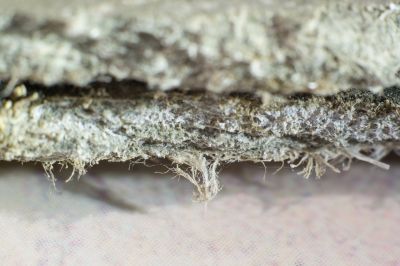
Fine asbestos fibers can be present in dust and debris, often invisible to the naked eye, but hazardous when inhaled.
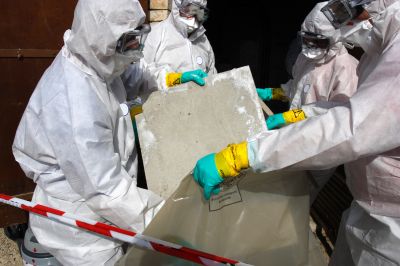
Proper removal involves specialized procedures to minimize fiber release and protect workers and occupants.
The health risks associated with asbestos exposure are significant, with studies indicating that inhalation of asbestos fibers can lead to serious lung conditions. Occupational exposure has historically been the primary source, especially in construction, shipbuilding, and manufacturing industries. Regulations and safety protocols aim to reduce exposure, but improper handling can still pose dangers.
A professional removal typically takes between one to several days, depending on the extent of contamination and site size.
The process involves assessment, containment, removal, and thorough cleaning to ensure no fibers remain.
Hiring experienced specialists ensures compliance with safety standards, reduces health risks, and guarantees proper disposal.
Proper handling of asbestos requires specialized equipment and training to prevent fiber release into the environment. Professionals follow strict protocols, including sealing off work areas, using protective gear, and employing HEPA-filtered vacuums. This approach minimizes health risks for workers and building occupants.
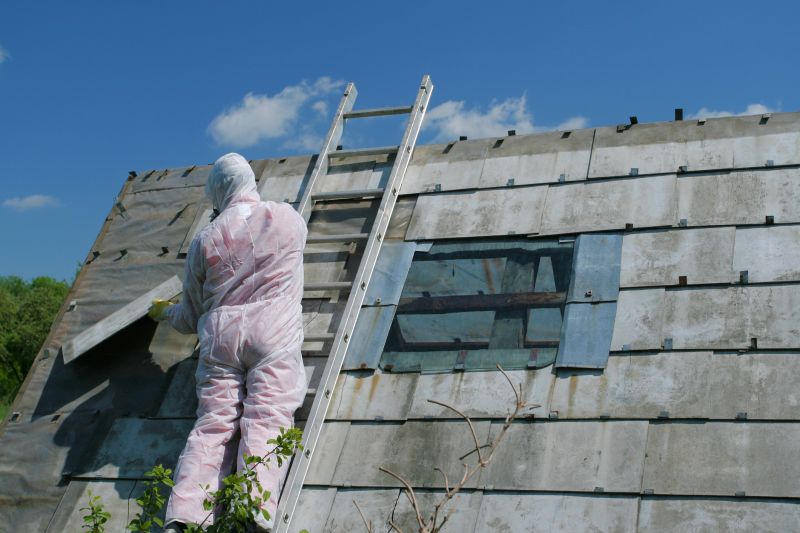
Specialized tools and protective gear are essential for safe and effective asbestos abatement.
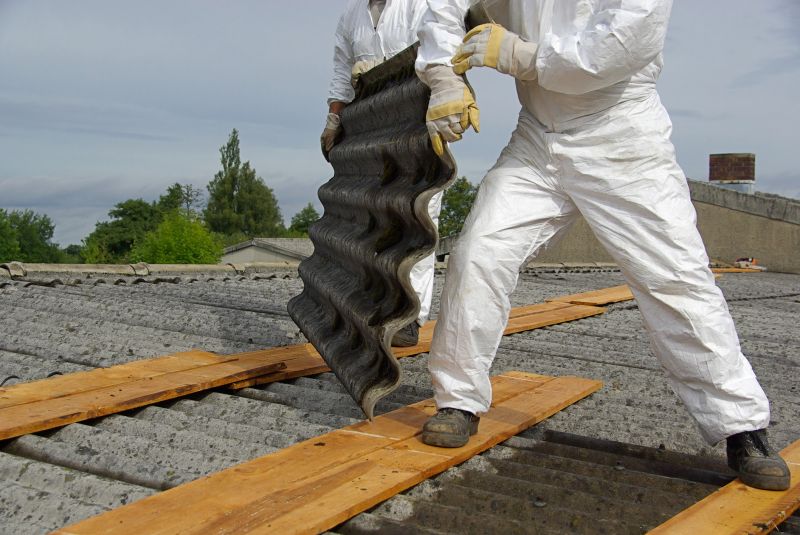
Containment measures prevent asbestos fibers from spreading during removal.
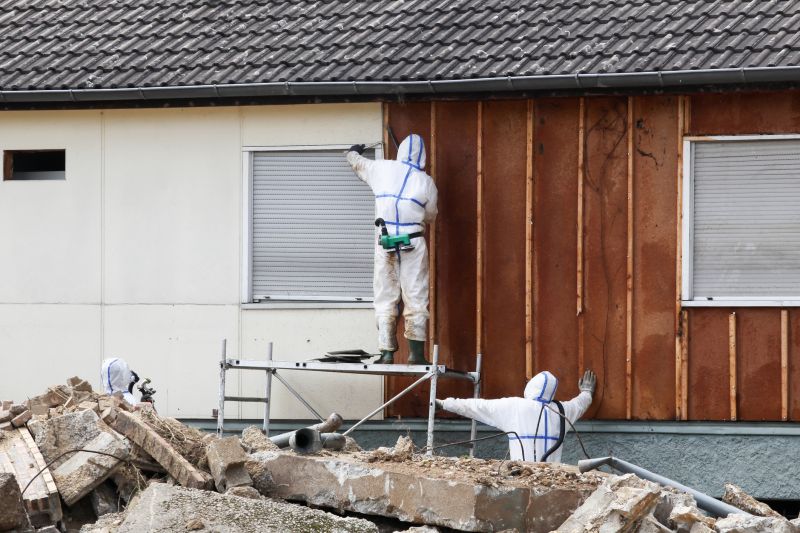
Properly finished projects showcase safe removal and site restoration.
Visual evidence of completed asbestos removal projects demonstrates adherence to safety standards and thorough cleanup. Proper disposal of asbestos waste is crucial to prevent environmental contamination and health hazards.
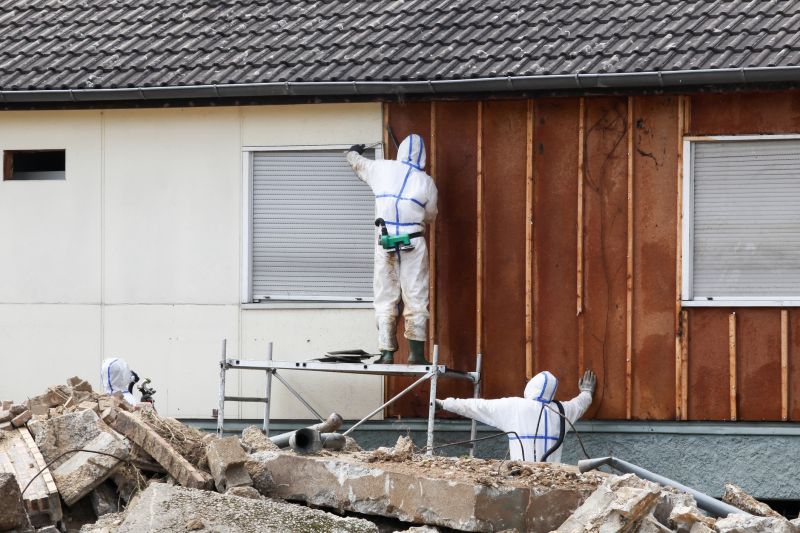
Areas with visible asbestos-containing materials awaiting removal.
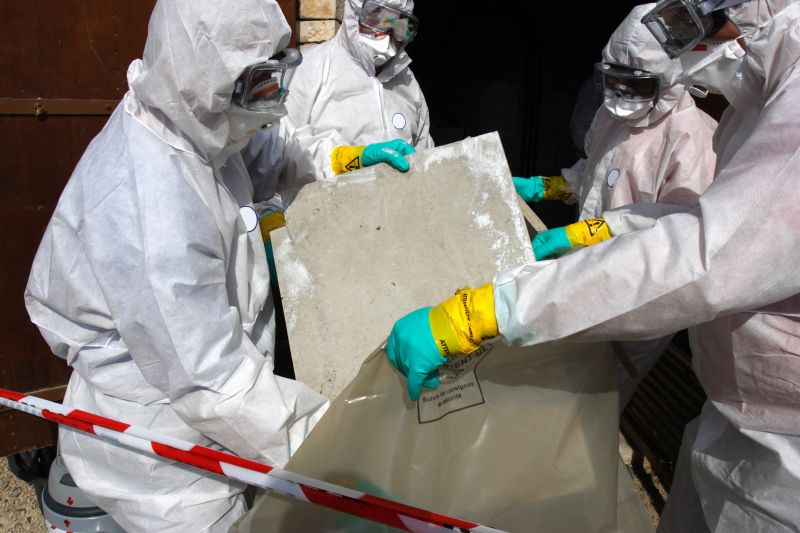
Work in progress with containment measures in place.
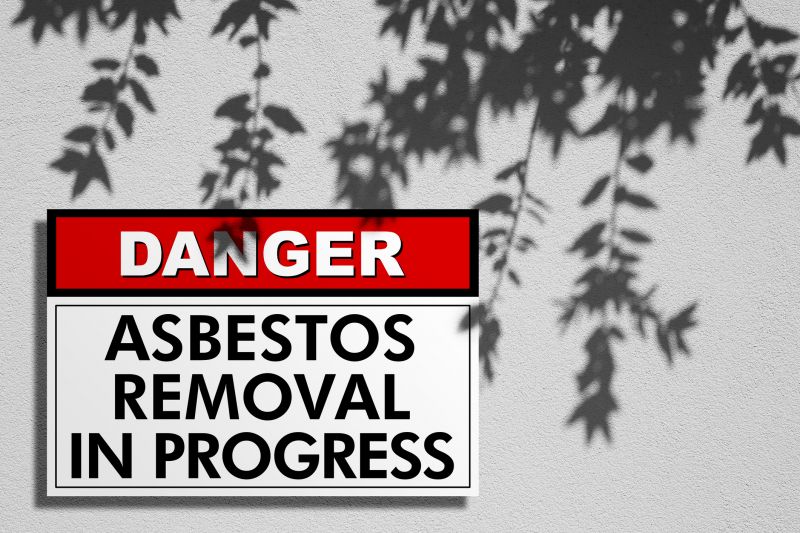
Cleaned and safe environment ready for occupancy or renovation.
For those considering asbestos removal, obtaining a detailed quote from a qualified professional is recommended. Proper assessment and execution can ensure safety, compliance, and peace of mind for property owners and occupants.
